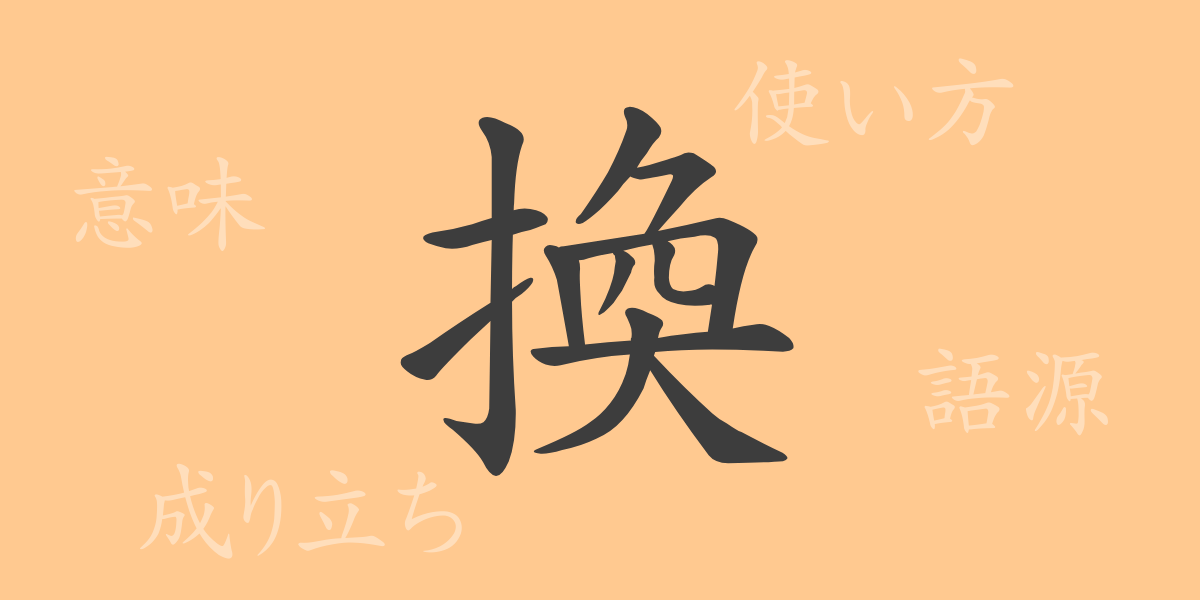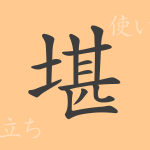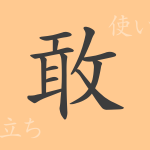Essential to Japanese literature is the use of Kanji, symbolic characters deeply rooted in our everyday lives. Among them, “Kan” (換) is a versatile character used in various contexts. This article delves into the origins, meanings, usage, and even the readings and phrases associated with the Kanji “Kan” (換).
Origins of Kan (換) (Etymology)
The Kanji “Kan” (換) originated in ancient China. Tracing its etymology, it is composed of “Te-hen” (扌), which means “hand,” and the character “Huan” (奐). “Huan” (奐) conveys meanings such as bright and shining, implying a sense of changing something for renewal. From there, “Kan” (換) came to mean exchanging or changing things.
Meanings and Usage of Kan (換)
“Kan” (換) primarily means “to exchange,” “to change,” or “to replace.” In Japanese, it is often used to exchange physical items, but it is also employed to express changes in abstract concepts or situations. For instance, expressions like “opinion exchange” (意見を換える/Iken-wo-ka-eru) or “change of mood” (気分転換/Kibuntenkan) are common uses.
Readings, Stroke Count, and Radical of Kan (換)
When learning the Kanji “Kan” (換), knowing its readings, stroke count, and radical is fundamental.
- Readings: Onyomi is “Kan,” Kunyomi is “kaeru” (かえる) and “kawaru” (かわる).
- Stroke Count: A total of 12 strokes.
- Radical: Te-hen (扌).
Phrases and Proverbs Using Kan (換) and Their Meanings
There are numerous idioms, phrases, and proverbs in Japanese that include “Kan” (換). For example, “exchange” (交換/Koukan) means to reciprocally swap items or services, while “ventilation” (換気) signifies replacing with fresh air. Moreover, “change of mood” (気分転換/Kibuntenkan) refers to refreshing one’s feelings or state, and “changing times” (時代交換/Jidaikoukan) represents the transition of eras.
Conclusion on Kan (換)
The Kanji “Kan” (換) plays a significant role in our language due to its diverse meanings and uses. This character, naturally employed in our daily lives, symbolizes the exchange and transformation of things and sometimes even the movements of our hearts. Through this article, we hope to deepen your understanding of “Kan” (換) and enrich your enjoyment of Japanese expressions.

























